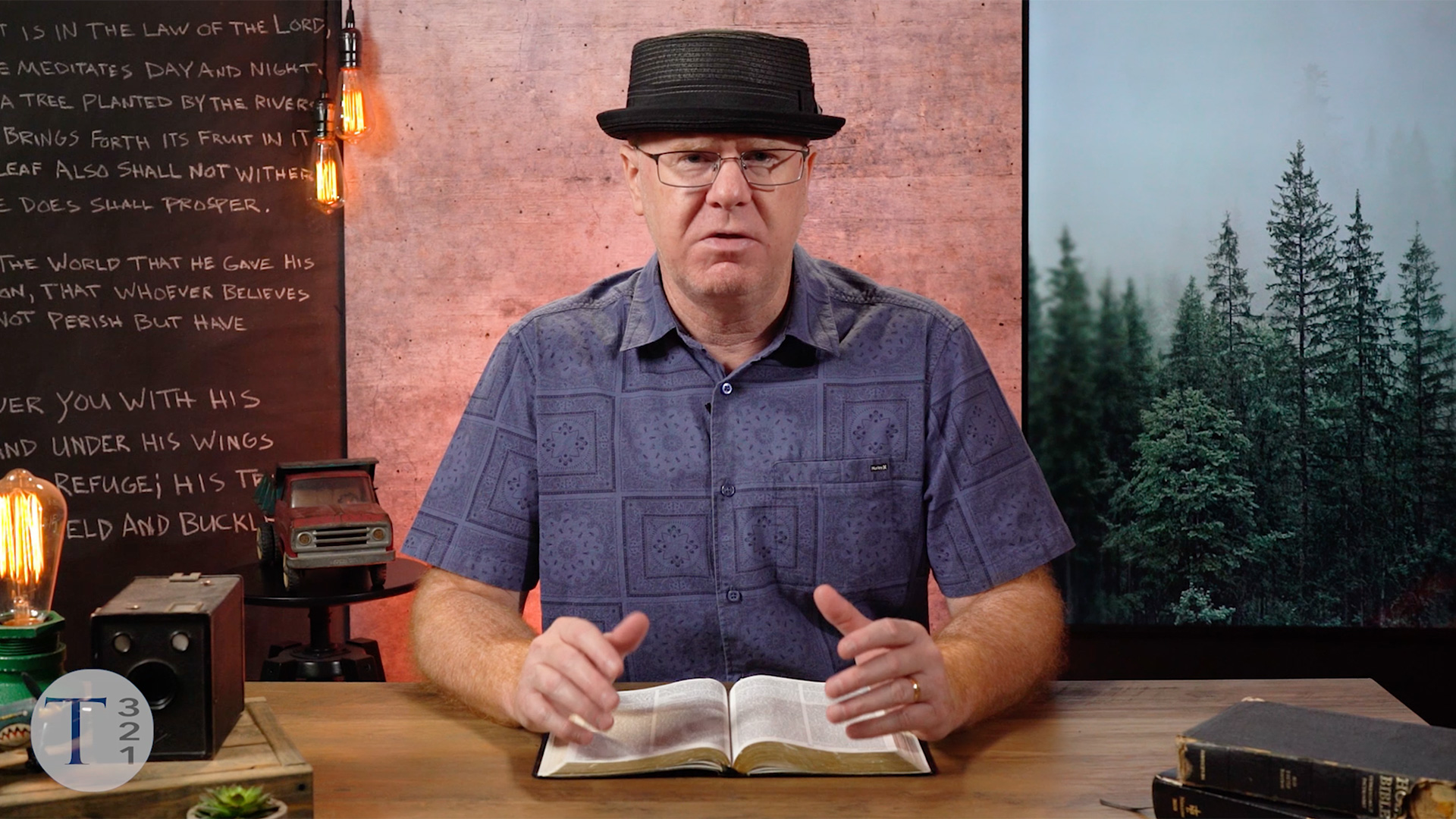Natural Law

Natural Law – What is Law?
Natural Law is a broad and often misapplied term tossed around various schools of philosophy, science, history, theology, and law. Indeed, Immanuel Kant reminded us, 'What is law?' may be said to be about as embarrassing to the jurist as the well-know question ‘What is Truth?’ is to the logician.
- Law, in its generic sense, is a body of rules of action or conduct prescribed by controlling authority, and having binding legal force. That which must be obeyed and followed by citizens subject to sanctions or legal consequences is a law (Black’s Law Dictionary, Sixth Edition, p. 884).
- Jurisprudence is the philosophy of law and how the law developed.
Natural Law – A Moral Theory of Jurisprudence
Natural Law is a moral theory of jurisprudence, which maintains that law should be based on morality and ethics. Natural Law holds that the law is based on what’s “correct.” Natural Law is “discovered” by humans through the use of reason and choosing between good and evil. Therefore, Natural Law finds its power in discovering certain universal standards in morality and ethics.
Natural Law – The History
The Greeks -- Socrates, Plato, and Aristotle emphasized the distinction between "nature" (physis, φúσις) and "law," "custom," or "convention" (nomos, νóμος). What the law commanded varied from place to place, but what was "by nature" should be the same everywhere. Aristotle (BC 384—322) is considered by many to be the father of “natural law.” In Rhetoric, he argues that aside from “particular” laws that each people has set up for itself, there is a “common law” or “higher law” that is according to nature (Rhetoric 1373b2–8).
The Stoics -- The development of natural law theory continued in the Hellenistic school of philosophy, particularly with the Stoics. The Stoics pointed to the existence of a rational and purposeful order to the universe. The means by which a rational being lived in accordance with this cosmic order was considered natural law. Unlike Aristotle’s “higher law,” Stoic natural law was indifferent to the divine or natural source of that law. Stoic philosophy was very influential with Roman jurists such as Cicero, thus playing a significant role in the development of Roman legal theory.
The Christians -- Augustine (AD 354—430) equates natural law with man's Pre-Fall state. Therefore, life according to nature is no longer possible and mankind must instead seek salvation through the divine law and Christ’s grace. Gratian (12th century) reconnected the concept of natural law and divine law. “The Human Race is ruled by two things: namely, natural law and usages (mos, moris, mores). Natural law is what is contained in the law and the Gospel. By it, each person is commanded to do to others what he wants done to himself and is prohibited from inflicting on others what he does not want done to himself.” (Decretum, D.1 d.a.c.1; ca. 1140 AD)
Natural Law – The Conclusion
In the end, where does law come from? The Theory of Natural Law maintains that certain moral laws transcend time, culture, and government. There are universal standards that apply to all mankind throughout all time. These universal moral standards are inherent in and discoverable by all of us, and form the basis of a just society.
